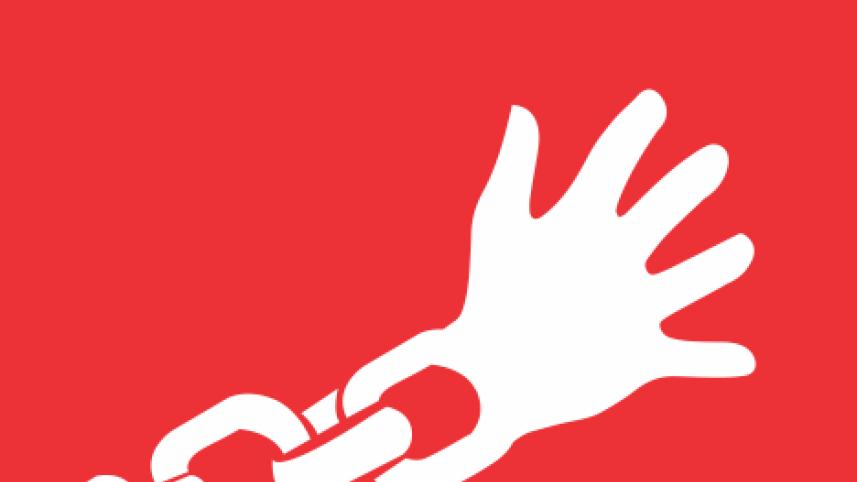Number grows 6 times in 2 years

The number of human traffickers increased sixfold in the last two years, according to a police probe report.
The probe, conducted recently, has found that 1,347 human traffickers are active across the country. A 2013 report put the number at 230.
A list of the human traffickers was sent to the home ministry and other departments concerned a couple of weeks ago, said a top police official.
The list, however, did not include any godfathers with political influence or corrupt members of any law enforcement agency, said officials in the police headquarters.
The Daily Star in an investigation found a section of corrupt law enforcers and criminals with political influence, and 15 godfathers were involved in the illicit trade. They rose from rags to riches in less than a decade.
In Thailand, involvement of top army officials was discovered and political leaders were arrested after investigation found their involvement in the horrifying human trade.
Inspector General of Police AKM Shahidul Hoque in a recent briefing at the police headquarters told journalists that if police had evidence, it would take legal actions, regardless of the political influence a human trafficker might have.
Contacted, State Minister for Home Asaduzzaman Khan Kamal told The Daily Star yesterday that he was yet to receive any such report. He would be able to comment once he goes through it.
Apart from the traffickers, several thousand brokers are involved in human trafficking across the country. They lure innocent and often illiterate jobseekers with false promises of highly paid jobs in Malaysia.
Some of them are thrown out of boats in the sea by traffickers while on voyage or are held captive in Thai jungles for ransom. Many had been killed and buried in mass graves there. Victims are sold in phases before they are herded on fishing and engine boats and taken to Thailand, the police report said.
Police high-ups went for the probe to identify the human traffickers, causes of the crime and suggest remedies after the mass graves were discovered in Thailand and Malaysia recently.
According to the report, human trafficking via the sea was mainly done from Ukhia and Teknaf coast of Cox's Bazar.
The report mentioned that human trafficking was being carried out from 80 coastal spots, like Shamlapur, Sheelkhali, Jahajpura, Teknaf Sadar, Shahporir Island, Gholapara, Paschim Para, Dakshin Para, Jettighat, Katabania, Mitha Panir Chhara, and Rajarchhara of Teknaf upazila; and JaliaPalang, Inani, himchhari, Rejukhal, Samitipara, Kutubdiapara, Nazirartek, Khurushkul, Choufaldondi, and Kopkhali of Ukhia; and Banshkhali, Sitakunda and Majhirghat of Chittagong.
RECOMMENDATIONS
The report recommended removal of administrative weaknesses in arresting and ensuring punishment of human traffickers, not considering their social and political influence.
It mentioned inefficiencies in the enforcement of the Human Trafficking Deterrence and Suppression Act, 2012, which has provisions for the death penalty for people convicted.
The reports further suggested that investigation and trial of cases filed for human trafficking be done quickly. It recommended holding the trials in speedy trial tribunals. More caution was advised so that the accused do not get bail from courts since they hardly ever show up in court once they have bail.
It also suggested coordinated efforts with Myanmar, Thailand, Malaysia and Indonesia, and if necessary, barbed wire fences on Bangladesh's border with Myanmar, patrols at the border by law enforcers, border force, the coast guard, and the Bangladesh Navy members.
The victims pay money through mobile banking and the law enforcers find it difficult to get evidence of payment. The report recommended monitoring of online banking since many use this method as well to pay.
The report suggested forming effective counter-trafficking committees at district, upazila and union levels and legal action against jobseekers to discourage illegal migration.




 For all latest news, follow The Daily Star's Google News channel.
For all latest news, follow The Daily Star's Google News channel.
Comments